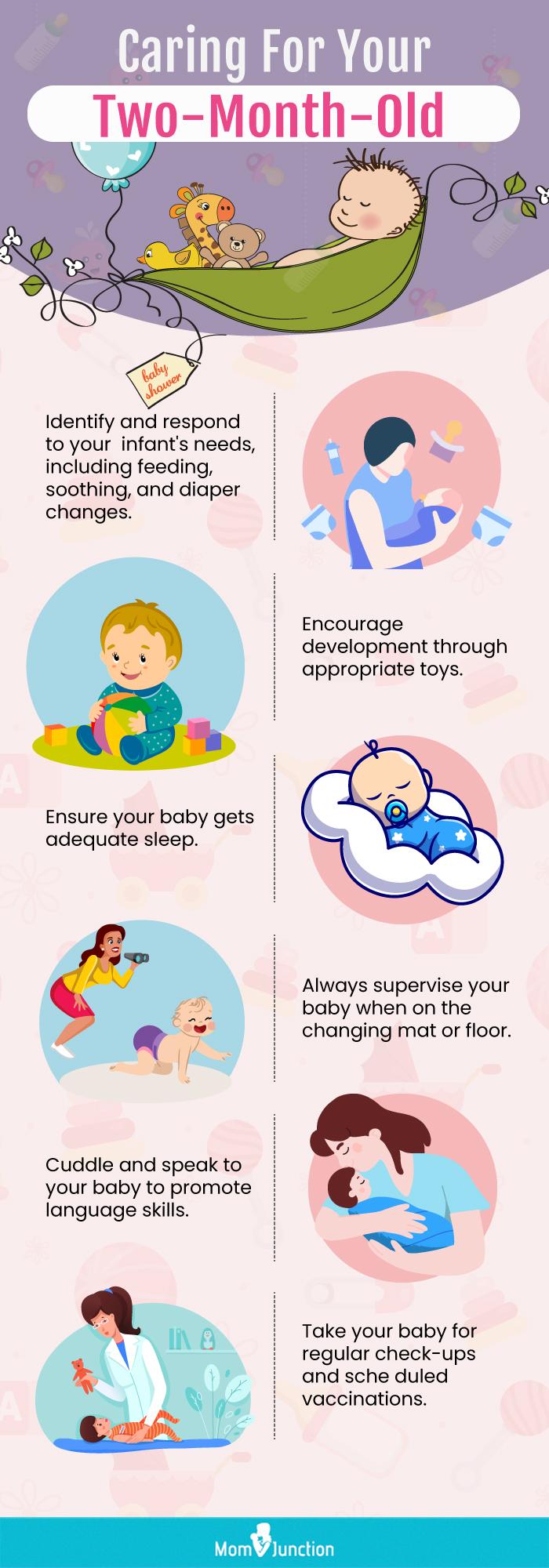
A Comprehensive Guide to Caring for Your Newborn: A Journey of Love and Responsibility
The arrival of a newborn baby is a transformative experience, filled with immense joy and profound responsibility. As a new parent, you embark on a journey of providing the utmost care and nurturing to your precious little one. This comprehensive guide will equip you with the essential knowledge and practical tips to ensure the well-being and development of your newborn.
Understanding Your Baby’s Needs
To effectively care for your baby, it is crucial to understand their unique needs and cues. Newborns communicate their requirements through crying, facial expressions, and body language. By observing and responding to these cues, you can establish a strong bond with your baby and provide the necessary care.
Feeding Your Newborn
Nourishment is paramount for a newborn’s growth and development. Whether you choose to breastfeed or bottle-feed, it is essential to follow proper feeding techniques and establish a regular feeding schedule.
Breastfeeding:
- Position your baby comfortably and ensure a proper latch to prevent nipple pain.
- Feed your baby on demand, typically every 2-3 hours.
- Monitor your baby’s weight gain and wet diapers to ensure adequate milk intake.
Bottle-Feeding:
- Choose a formula recommended by your healthcare provider.
- Prepare the formula according to the instructions and test the temperature before feeding.
- Hold your baby upright and support their head and neck while feeding.
- Burp your baby frequently to release trapped air.
Diapering Your Newborn
Regular diaper changes are essential for your baby’s comfort and hygiene.
- Gather necessary supplies: diapers, wipes, diaper cream, and a changing pad.
- Gently lift your baby’s legs and slide the diaper underneath.
- Clean your baby’s bottom thoroughly with wipes, paying attention to creases and folds.
- Apply diaper cream to prevent diaper rash.
- Secure the diaper snugly but not too tightly.
Bathing Your Newborn
Newborns do not require frequent baths. Bathing them 2-3 times a week is sufficient.
- Fill a baby bathtub with warm water (90-100°F).
- Support your baby’s head and neck while gently washing their body with a mild baby soap.
- Rinse your baby thoroughly and pat them dry with a soft towel.
- Apply a fragrance-free moisturizer to keep their skin hydrated.
Clothing Your Newborn
Dress your baby in comfortable, breathable clothing that allows for easy diaper changes.
- Choose soft, cotton fabrics that are gentle on your baby’s skin.
- Avoid clothing with tight elastic or rough seams.
- Layer clothing appropriately to maintain your baby’s body temperature.
Sleep and Rest
Newborns sleep a lot, typically 16-18 hours per day. Establish a regular sleep-wake cycle to promote healthy sleep patterns.
- Create a calm and soothing sleep environment with dim lighting and white noise.
- Swaddle your baby to provide a sense of security and warmth.
- Respond to your baby’s hunger or discomfort cues promptly to prevent sleep disruptions.
Health and Safety
Ensuring your baby’s health and safety is of utmost importance.
- Schedule regular checkups with your healthcare provider to monitor your baby’s growth and development.
- Keep your baby’s vaccinations up to date to protect them from preventable diseases.
- Practice safe sleep habits, such as placing your baby on their back in a crib or bassinet.
- Never leave your baby unattended on a changing table or other elevated surfaces.
Bonding with Your Newborn
The bond between a parent and their newborn is a precious and unique connection. Nurture this bond through:
- Skin-to-skin contact: Hold your baby close to your chest to promote bonding and regulate their body temperature.
- Talk and sing to your baby: Even though they may not understand the words, your voice is soothing and comforting.
- Massage your baby: Gentle massages can help relax your baby and stimulate their development.
Self-Care for New Parents
Caring for a newborn can be physically and emotionally demanding. Prioritize your own well-being to ensure you can provide the best care for your baby.
- Get enough sleep: Take naps when your baby naps or ask for help from family or friends.
- Eat healthy meals: Nourish your body with nutritious foods to maintain your energy levels.
- Exercise regularly: Even short bursts of exercise can boost your mood and reduce stress.
- Seek support: Don’t hesitate to reach out to your partner, family, friends, or a support group for assistance and emotional support.
Conclusion
Caring for a newborn is a rewarding and transformative journey. By understanding your baby’s needs, providing proper nourishment, hygiene, and safety, and nurturing your bond, you can ensure your little one’s well-being and development. Remember to prioritize your own self-care to maintain your physical and emotional health. As you navigate this incredible experience, embrace the joys and challenges of parenthood with love, patience, and unwavering dedication.
